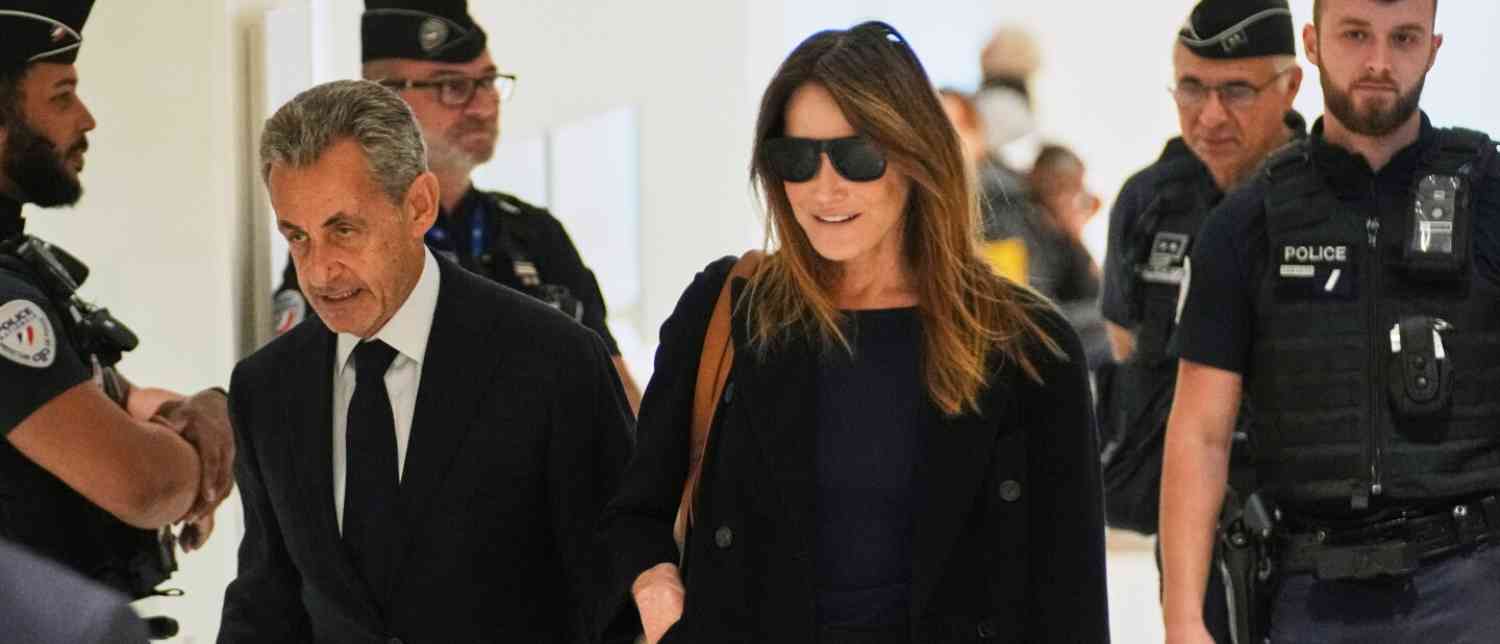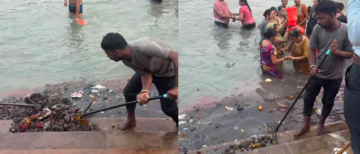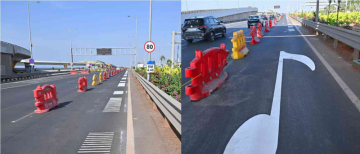In a landmark ruling that has shaken French politics, former French President Nicolas Sarkozy has been sentenced to five years in prison after a Paris court found him guilty of criminal conspiracy in connection with the long-running Libyan campaign financing case. The verdict marks the first time in France’s history that a former head of state has been handed a prison sentence.
Sarkozy, 70, who served as president from 2007 to 2012, stood trial earlier this year on accusations of having received millions of euros in illegal campaign funds from the late Libyan dictator Muammar Gaddafi. While the court acquitted him of charges of embezzlement of public funds, passive corruption, receiving stolen goods, and illegal campaign financing, it ruled that he was guilty of forging a corrupt agreement with the Libyan regime to secure financial support for his 2007 presidential campaign.
Despite the ruling, Sarkozy has firmly denied the allegations, branding them “politically motivated” and vowing to appeal. Speaking to reporters after the judgment, he declared defiantly:
“If they absolutely want me to sleep in jail, I will sleep in jail, but with my head held high.”
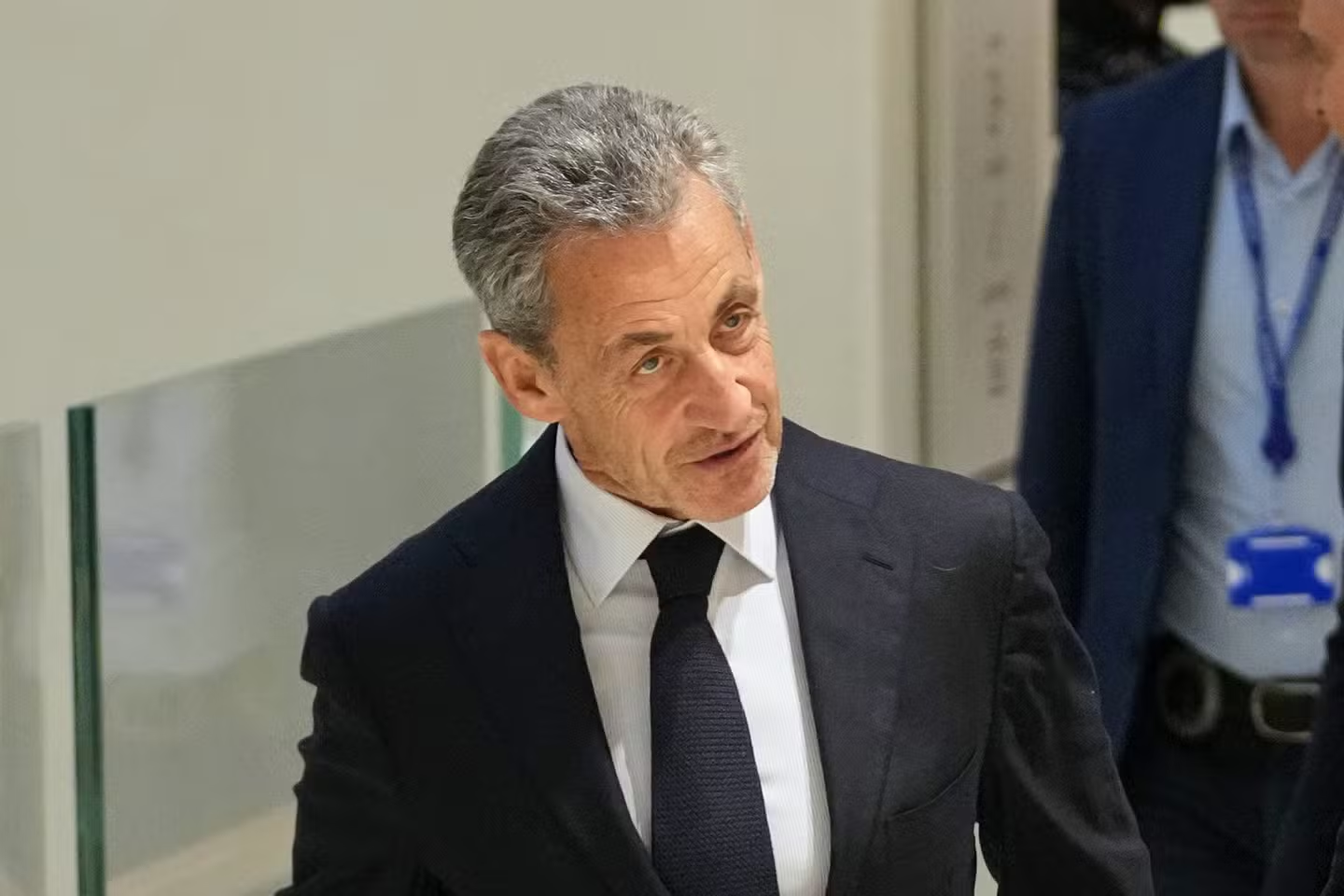
The Verdict and Its Implications
The Paris Criminal Court delivered its ruling after a three-month-long trial that began in January. Sarkozy was one of 12 defendants, which included three former ministers and several associates accused of orchestrating or enabling the illicit transactions.
The court concluded that Sarkozy allowed his close aides to engage in back-channel contacts with Libyan intermediaries between 2005 and 2007 in an effort to channel funds from Tripoli into his campaign coffers. Although the judge noted that there was no direct evidence showing the Libyan money ended up in Sarkozy’s accounts or campaign, the links were described as “very opaque” and pointed to deliberate conspiracy.
The ruling leaves Sarkozy facing the possibility of serving prison time soon. The court granted him a short window to organize his personal affairs before he must report to prison, likely within a month.
The Role of Ziad Takieddine – The Middleman Who Never Testified
Central to the case was Ziad Takieddine, a Franco-Lebanese businessman with longstanding ties to Sarkozy. Takieddine, who had previously alleged that he personally delivered up to €5 million in cash-filled suitcases from Tripoli to the French Interior Ministry in 2006 and 2007, was both accuser and co-defendant.
In 2016, he told French investigative media outlet Mediapart that he handed over the cash to Sarkozy’s office. Yet, he later retracted his statement—only to retract his retraction—throwing the credibility of his testimony into question and triggering a separate case of alleged witness tampering.
Sarkozy and his wife, Carla Bruni-Sarkozy, were both handed preliminary charges in this witness-tampering investigation, which remains unresolved.
Takieddine never got the chance to testify in court. Just two days before the verdict, the 75-year-old businessman died of a cardiac arrest in Beirut, Lebanon, where he had been living since 2020 after fleeing a separate corruption conviction in France.
Origins of the Libya Financing Allegations
The scandal dates back to 2011, during the upheaval of the Arab Spring, when Muammar Gaddafi publicly claimed that Libya had secretly bankrolled Sarkozy’s 2007 campaign. In interviews, the Libyan strongman alleged:
“Sarkozy is mentally deficient … It’s thanks to me that he became president. We gave him the funds that allowed him to win.”
His son, Saif al-Islam Gaddafi, echoed these claims in a 2012 interview with Euronews, saying:
“The first thing we ask of this clown is that he return the money to the Libyan people, but he let us down.”
That same year, Mediapart published what it claimed was a 2006 Libyan intelligence document recording Gaddafi’s agreement to funnel €50 million to Sarkozy’s campaign. Sarkozy dismissed the document as a forgery.
Adding to the intrigue, Sarkozy had rolled out the red carpet for Gaddafi in Paris in 2007, only to become one of the first Western leaders to push for NATO’s military intervention in Libya during the 2011 uprising—a move that led to Gaddafi’s downfall and death. Many observers saw the reversal as proof of a complicated, transactional relationship.
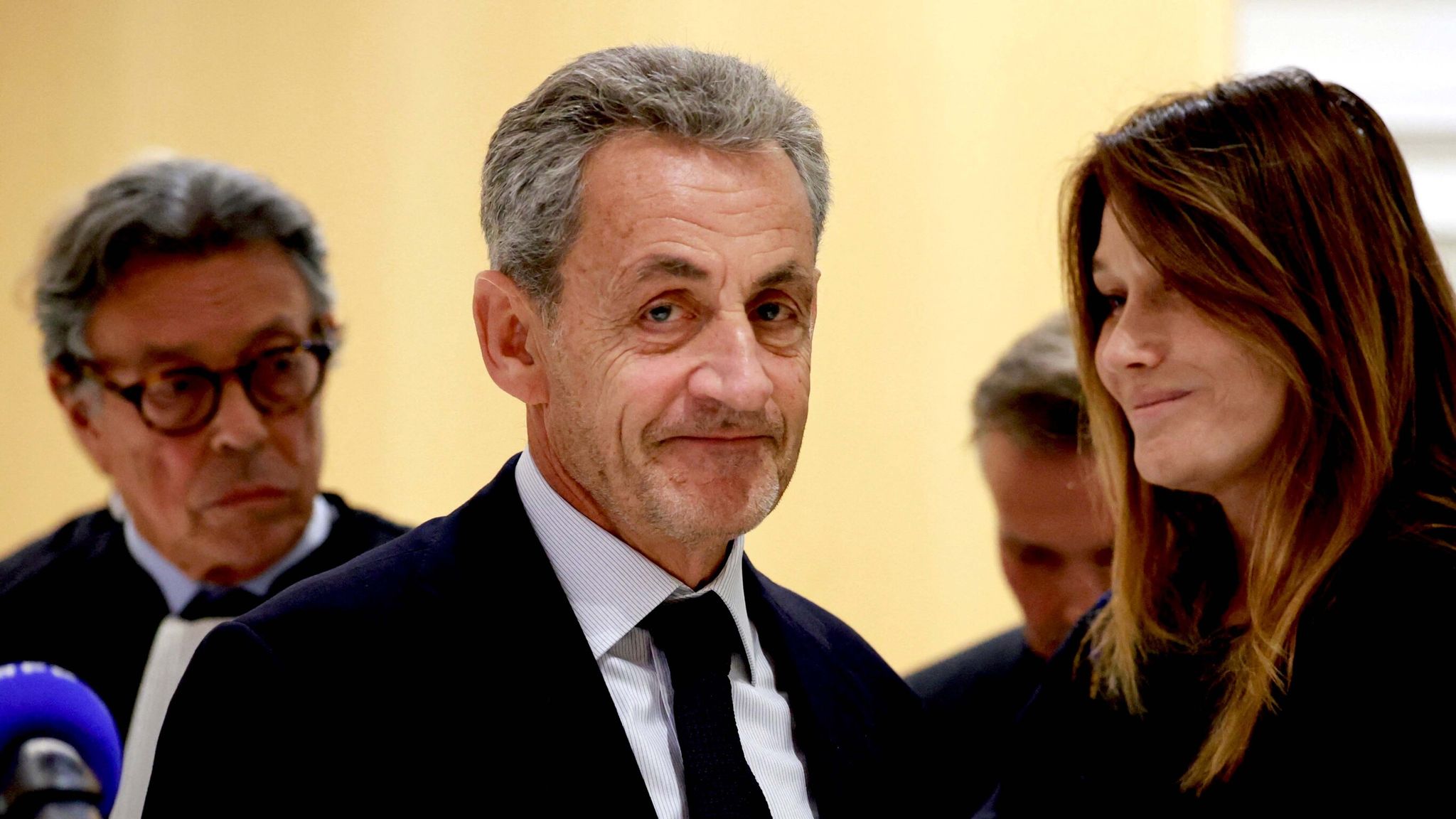
Sarkozy’s Past Convictions and Legal Troubles
The Libya funding case is not Sarkozy’s first brush with the law. Since leaving office, he has faced multiple trials and convictions:
-
2021 Corruption and Influence Peddling Case
-
Sarkozy was sentenced to one year of house arrest after being convicted of attempting to bribe a judge in exchange for information on another investigation.
-
France’s highest court, the Court of Cassation, upheld the conviction in December 2023. He has vowed to appeal to the European Court of Human Rights.
-
-
2012 Campaign Financing Scandal
-
Known as the Bygmalion Affair, Sarkozy was accused of exceeding France’s strict campaign spending limits during his failed 2012 re-election bid against Socialist candidate François Hollande.
-
Prosecutors alleged he spent nearly twice the legal ceiling. He was sentenced to one year in prison, six months of which were suspended. Sarkozy has appealed the ruling.
-
-
Electronic Tag Monitoring
-
In 2022, Sarkozy became the first French president to be forced to wear an electronic monitoring bracelet after another corruption conviction. The tag was later removed after three months.
-
These convictions, alongside the latest verdict, have stripped Sarkozy of the Légion d’Honneur, France’s highest civilian award.
Who Is Nicolas Sarkozy?
Nicolas Sarkozy emerged in French politics as a dynamic, right-wing figure within the Union for a Popular Movement (UMP), later renamed The Republicans. From 2004 to 2007, he led the party while also serving as Interior Minister under President Jacques Chirac and Prime Minister Dominique de Villepin.
He won the 2007 presidential election with 53% of the vote against Socialist candidate Ségolène Royal.
His presidency was marked by ambitious reforms in pensions, immigration, and foreign policy. Sarkozy also gained international prominence during the 2008 global financial crisis for his role in European economic negotiations.
On a personal note, Sarkozy’s marriage in 2008 to model and singer Carla Bruni was widely publicized and brought celebrity flair to the Élysée Palace.
He stepped away from active politics in 2017 but has remained an influential figure on France’s political right—albeit one increasingly overshadowed by his mounting legal troubles.
What Exactly Was Sarkozy Accused Of?
Prosecutors in the Libya financing trial argued that Sarkozy struck a corrupt bargain with Gaddafi’s regime, promising international legitimacy and political support in return for millions in campaign funding. The allegations involved:
-
Concealing the embezzlement of Libyan public funds
-
Passive corruption
-
Illegal campaign financing
-
Criminal conspiracy with intent to commit a crime
The supposed network included Libyan spies, convicted terrorists, arms dealers, and intermediaries like Takieddine. Money was allegedly moved through covert channels and even in suitcases of cash transported directly to Paris.
Although Sarkozy was acquitted of most of these charges due to insufficient evidence, the court held that his aides’ engagement with Libyan operatives constituted a criminal conspiracy.
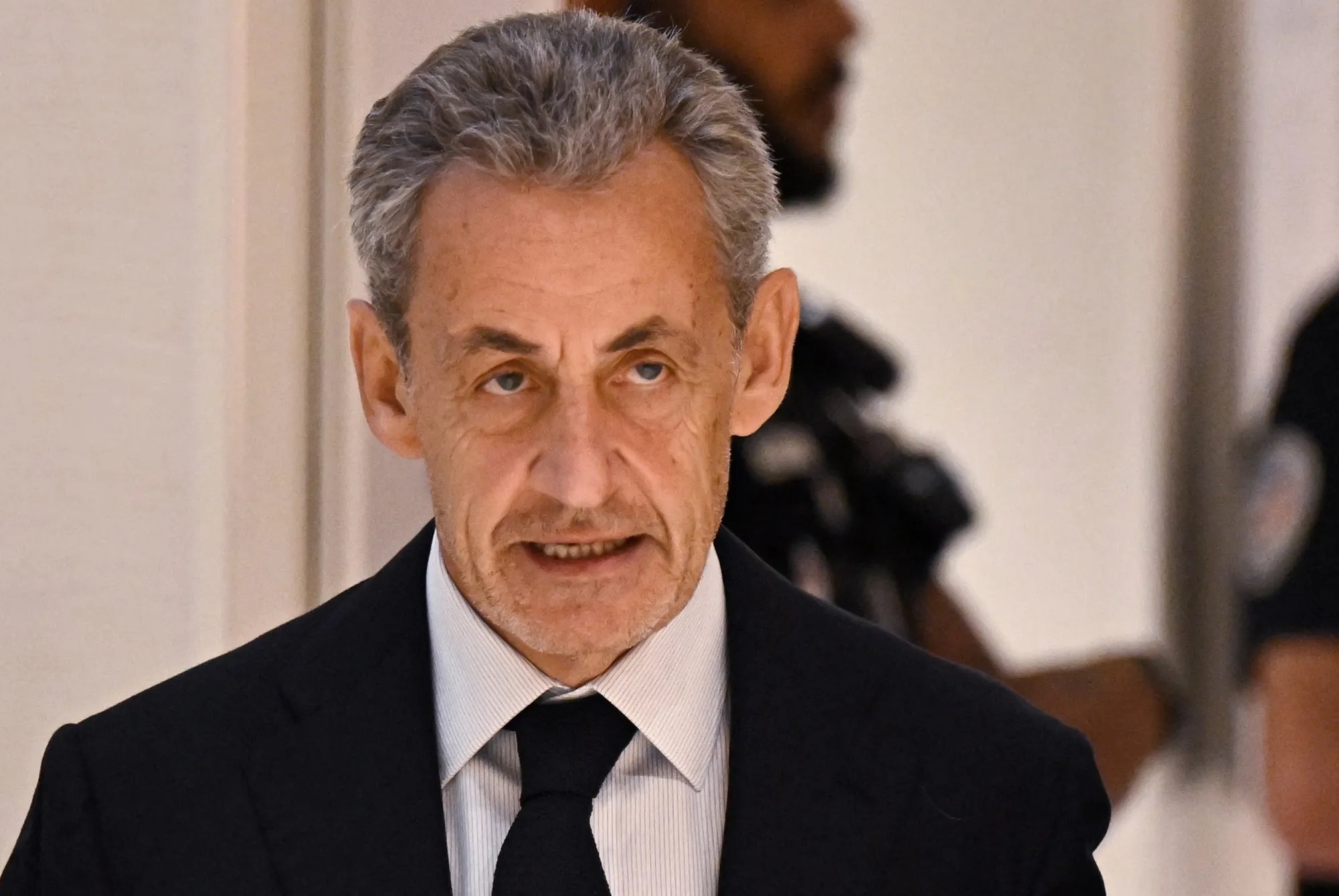
Sarkozy’s Reaction and Next Steps
Following the verdict, Sarkozy reiterated his innocence and announced plans to file an appeal. His legal team argued that the evidence against him was weak, contradictory, and politically driven by Gaddafi’s circle seeking revenge for Sarkozy’s role in the dictator’s downfall.
While appealing could delay his imprisonment, prosecutors made clear that Sarkozy will be required to serve time unless the appeal overturns the sentence.
What Lies Ahead
The latest conviction adds yet another chapter to the turbulent post-presidential life of Nicolas Sarkozy. Once seen as a reformist leader who modernized French politics, Sarkozy now stands as a symbol of the judiciary’s growing determination to hold even the most powerful figures accountable.
If his appeal fails, Sarkozy will likely serve part of his sentence in prison—possibly under house arrest given his age and prior legal precedents.
But his words after the ruling made clear that he intends to fight on:
“If they absolutely want me to sleep in jail, I will sleep in jail, but with my head held high.”
As France watches this unprecedented saga unfold, Sarkozy’s legacy—already tarnished by convictions and scandals—faces perhaps its most decisive reckoning yet.
With inputs from agencies
Image Source: Multiple agencies
© Copyright 2025. All Rights Reserved. Powered by Vygr Media.

